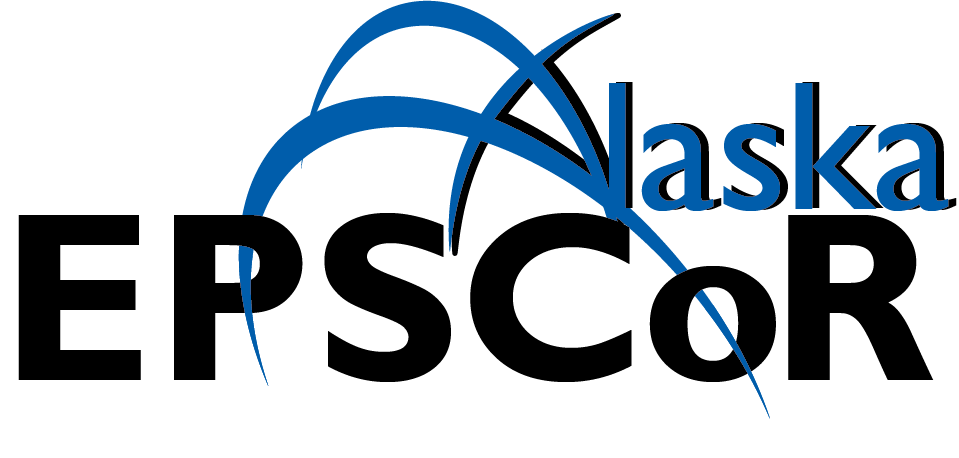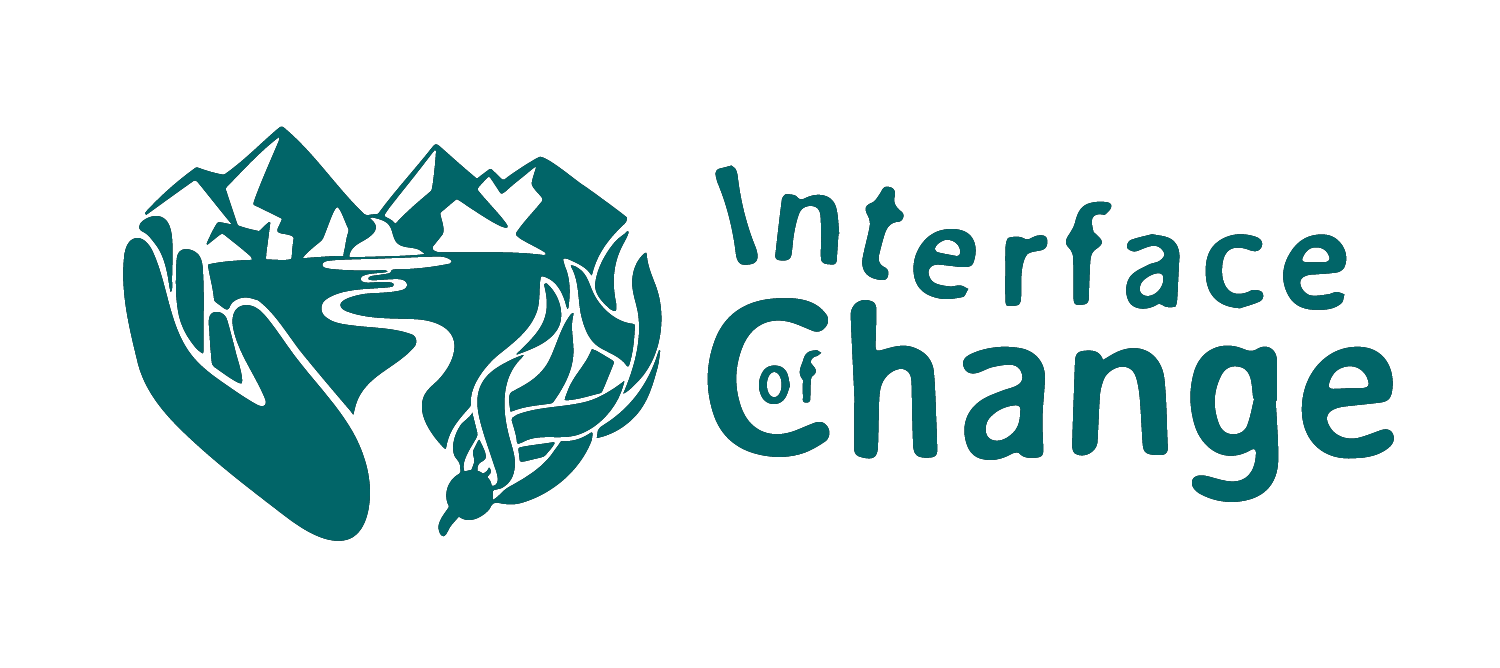About Alaska EPSCoR

Alaska NSF EPSCoR is a statewide program for building Alaska's capacity for science, technology, engineering, and math, or STEM, to produce research outcomes that benefit Alaskans, enrich STEM education, and create a a robust STEM workforce pipeline.
NSF EPSCoR is the National Science Foundation's Established Program to Stimulate Competitive Research -- a nationwide research and education effort to enhance the research competitiveness of targeted jurisdictions (US state, territory or commonwealth) by strengthening science, technology, engineering and mathematics (STEM) capacity and capability through a portfolio of investments from talent development to local infrastructure. States and territories that have typically received less than 0.75% of the NSF's total national funding are eligible for EPSCoR funding. Alaska is one of 28 states and territories with an NSF EPSCoR program.
Alaska has had an NSF EPSCoR program since 2001. Alaska’s current main source of EPSCoR funding is its 5-year NSF EPSCoR Research Infrastructure Improvement Program Track-1 (RII Track-1) project, titled “Interface of Change: Building collaborations to assess harvested and farmed marine species prioritized by Gulf of Alaska communities facing environmental shifts." Alaska EPSCoR is also supported by Alaska state match funding.


